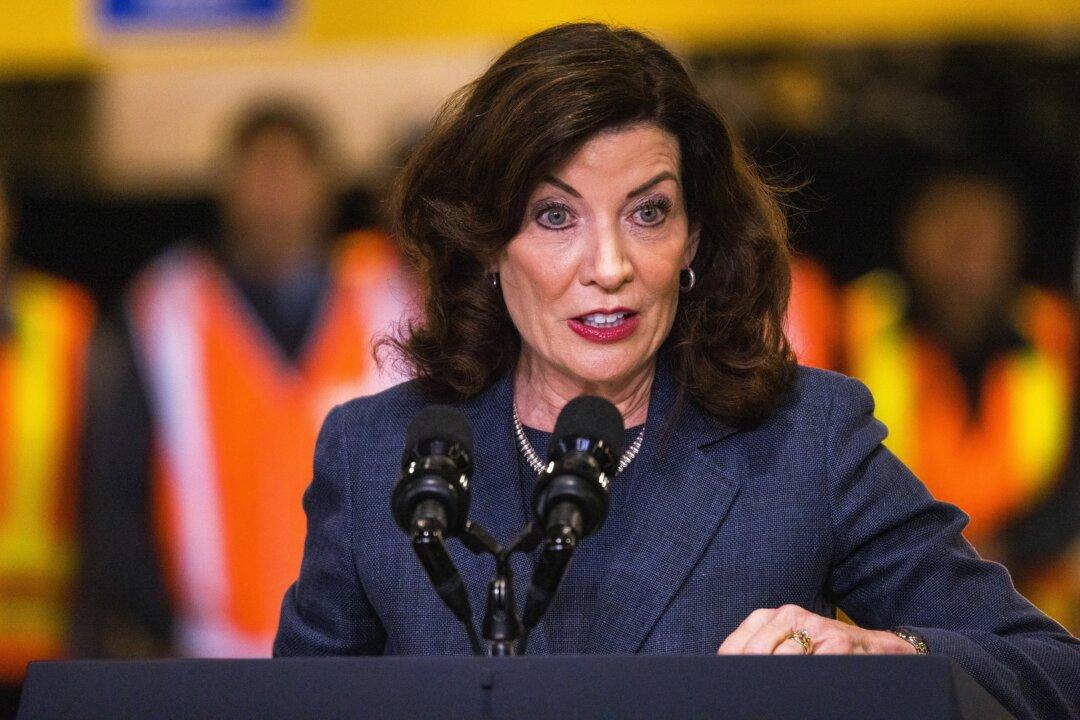The New York Supreme Court on Nov. 17 dismissed a lawsuit challenging the constitutionality of the isolation and quarantine procedures the state established during the COVID-19 pandemic, saying the Republican lawmakers and the advocacy group that brought the case lacked standing to sue.
The suit was originally filed in April 2022 against Gov. Kathy Hochul and her administration by a coalition of Uniting NYS and three Republicans: state Sen. George Borrello, Assemblyman Chris Tague, and Assemblyman Michael Lawler, who is now a member of the U.S. Congress.





